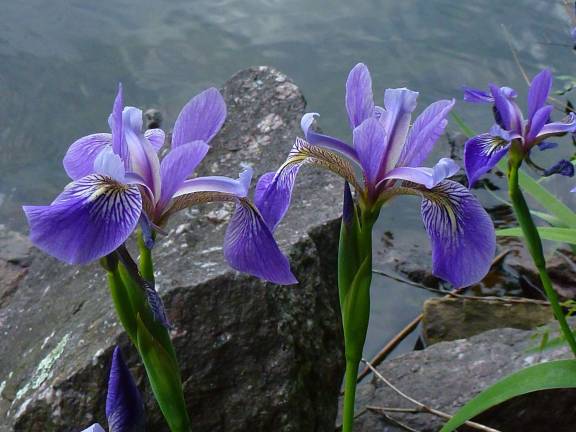The calling of a sludge lagoon kid



Have you ever noticed that most of the worst things in life happen indoors? The most unaccountable things, the most shameful things, tend to unfold where neither firmament nor friend bears witness. And then there are the many lesser flavors of bad that happen within walls. Traffic court. Colonoscopies. The SATs. Just getting outside is an instant cure for so many of these ills. Step out of the courtroom, the hospital, or the auditorium, and feel the sun on your face. Breathe. Now, how does that feel? Better! It’s over. You’re free. You’re out.
I’m pretty sure this is why I love being outside so much. Some part of me has figured out that if I can just stay outside all of the time, nothing bad will ever happen to me, and I will live forever. In my old Bayonne, NJ neighborhood, it was a point of pride to be the first kid out of the house on summer days. I often won the contest by dodging my mother as she chased me with a toothbrush and clean underwear. Kids started filling the streets right after daybreak, so you had to be quick.
It was the Baby Boom, and children outnumbered adults 5 to 1. We knew when another member of our tribe had arrived by the pungent tang of sour milk, which we would follow with the dead accuracy of feral noses to the very door. And there we’d stay, like a delegation from Amnesty International, until they showed us the little bugger. You never knew what the adults might be up to. Maybe they’d try to protect him from our bad influence, or something outrageous like that. But before long, our new member would toddle outside after some older sibling to join our street games – prisoners, kick the can, king of the hill. A mean game of our own devising was part hide-and-go-seek, part tag, that might go on in one form or another all through a long summer’s day.
I learned only recently, from the big ExxonMobile case, that all our kick-the-canning was done on top of some 17 feet of spilled petroleum. How is that even possible? I asked Tom, who grew up two miles away in the relative purity of Jersey City. Where did the water come from that our moms stirred into our Tang? But it’s best not to ponder such questions. And as unlikely as it sounds, my love of the outdoors began in that despoiled place, where I once watched a solar eclipse through a photo negative, curated a caterpillar farm, and fed dead flies to the spiders that lived in our neighbor’s ivy. The feeling I get early in the morning on hike days is the very same feeling, all anticipation and acute desire to not miss anything, I had as a kid racing to get outside, although adulthood has taught me the merits of brushed teeth and clean, polypropelene underwear.
Tom understands all this of course. Just as farm-born sophisticates migrate to the city looking for the impossible glamor they’ve been missing, kids from New Jersey’s sludge lagoons demand primeval nature. We look for it everywhere, and find that some of the best isn’t so far from where we grew up.
Out-of-staters following the ExxonMobile case, or familiar with the refineries along the NJ Turnpike (Tom’s dad would yell “Puzza!,” Italian for “stink,” whenever the family car approached Linden, the family’s cue to roll up the windows and grab hold of their noses) might be surprised by New Jersey’s beautiful forests and pristine watersheds. Adjoining Wawayanda State Park is the Pequannock Watershed, which encompasses 35,000 acres – more than twice the size of Minnewaska in New York – and supplies Newark with drinking water. To hike there you need a permit from Newark, which has an outpost on the shores of Echo Lake. From there you can get on the Highlands Trail and other paths that skim the shores of a variety of lakes and reservoirs.
From several hilltop vantage points you can see how the unbroken forest rolls down to the city’s edge, supporting all that human life by just doing their timeless thing. Cities, in all their ruthless efficiency, still depend on the natural world to neutralize their poisons, and give rise to new generations who understand, more than anyone, what it means to live without it.